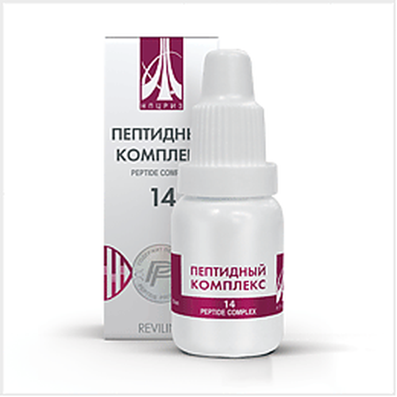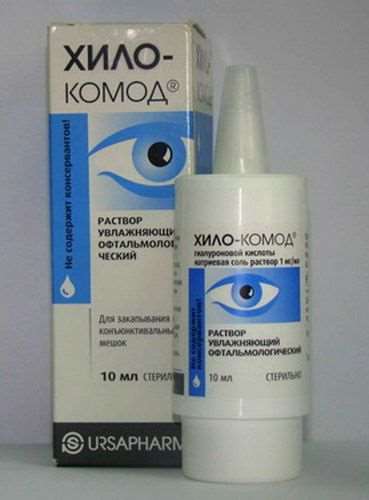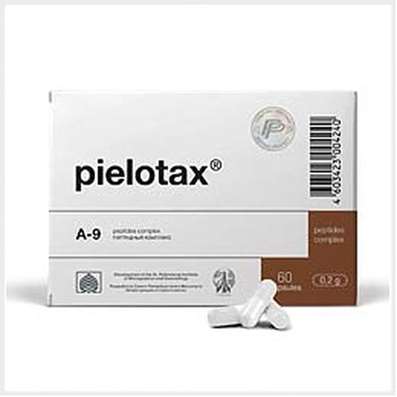Sweeteners lead to obesity by acting on the intestinal microflora
06 Dec 2016
About the principles of action of sugar substitutes, experiments with laboratory mice and human microbiota.

In the journal Nature they published the results of a study demonstrating that the use of sweeteners in food leads to physiological changes typical of obesity status, and are responsible for these changes in our living microorganisms.
Obesity is considered to be a universal negative consequence of modern way of life and is associated with a number of serious diseases, such as diabetes, one of the precursors of which is high blood sugar. Limiting the amount of sugar in the diet is a common way to lose weight, and it is imperative for diabetics. At the same time to preserve the taste of food commonly used low calorie sweeteners - saccharin or aspartame. These substances are considered to be harmless, and are the most common nutritional supplements in the world (think, for example, Diet Coke). Unlike sugar sweeteners are not a source of energy, and thus their use should not lead to accumulation of excess weight. In addition, it is believed that they do not contribute to the level of blood sugar, which is usually observed after meals and is unacceptable for diabetics. Nevertheless, the use of sugar substitutes do not often results in weight loss, which usually is the primary cause for their use.
To normalize the lipid metabolism in atherosclerosis and obesity buy Peptides (Cytomax) Svetinorm, Phenotropil.
In the issue of Nature published a great article of Israeli authors, which shows that eating foods containing sugar substitutes, leads to physiological changes that are typical of the obesity condition, ie an effect opposite of what is sought consumers of sugar substitutes. In addition, the authors show in direct experiments, that microbes inhabiting us are responsible for this unexpected (and unwanted) effect.
The work investigated the mice in their drinking water which is added one of three common sweeteners at concentrations typical of commercial products containing these substances. Control groups of animals received water without additives or water with glucose or sucrose (ie ordinary table sugar). After 11 weeks, all mice treated with sweeteners, developed glucose intolerance - a pre-diabetic condition, which is characterized by high blood sugar. Studies carried out on various strains of mice with different diets and regimes, led to the conclusion that the occurrence of hyperglycaemia resulting from the use of sugar substitutes is a common property and is observed in animals with increased weight and in normal animals.
So how do sweeteners are not digested by the body, it has been suggested that they affect the intestinal microbiota - varied and very numerous microbes that inhabit the intestine of mammals. Indeed, it appeared that the spectrum of microbes in the animals who received sweeteners, reliably and significantly different from the control. Moreover, it was found that the addition of a sweetener to the intestinal microbial community growing in petri dishes on laboratory, ie the mouse is also led to similar changes.
But by themselves, these observations do not establish the link between hyperglycemia and caused by changes in the microbiota. Two experiments were done to establish such a connection. First, the hyperglycemic mice treated sweeteners, were treated with broad-spectrum antibiotics (with their water continued to add sweetener). After a course of antibiotic treatment of hyperglycemia disappeared, indicating that this state really has something to do with the microbiota. In another experiment, fecal transplants were performed from hyperglycemic mice treated with sweetener, to sterile mice that did not have its own microbiota. It was found that stool from transfer hyperglycemic but not on control animals led to the rapid development of hyperglycemia in recipient mice. Thus, it is proven that hyperglycemia "intertwined" with intestinal microbes contained in feces, and consequently, these microbes, the composition of which changes in the use of sugar substitutes, and are responsible for Pre-Diabetes.
These observations are not limited to mice: tests on volunteers showed that the use of sugar substitutes leads to symptoms glucose intolerance and changes in microbiota in humans, and fecal transplant from these people to sterile mice are guaranteed to give rise to their hyperglycemia.
Published results show conclusively that the sweeteners should be used with caution, and once again demonstrate the role of microbiota in health and disease development. As for the mechanism by which the intestinal microbial community change increases the amount of sugar in the blood, then on this fundamental question is not answered. As a hypothesis can be seen increase in the proportion of bacteria able more actively extract nutrients from the low-calorie foods. On the other hand, it is possible that the use of sugar substitutes called dysbiosis leads - directly or indirectly - to suppress certain, as yet unknown to science intestinal microbes that secrete special substances that limit the accumulation of sugar in the blood. The choice between these two possibilities will ultimately determine the strategy for the control of undesirable effects of the use of sugar substitutes.

 Cart
Cart





